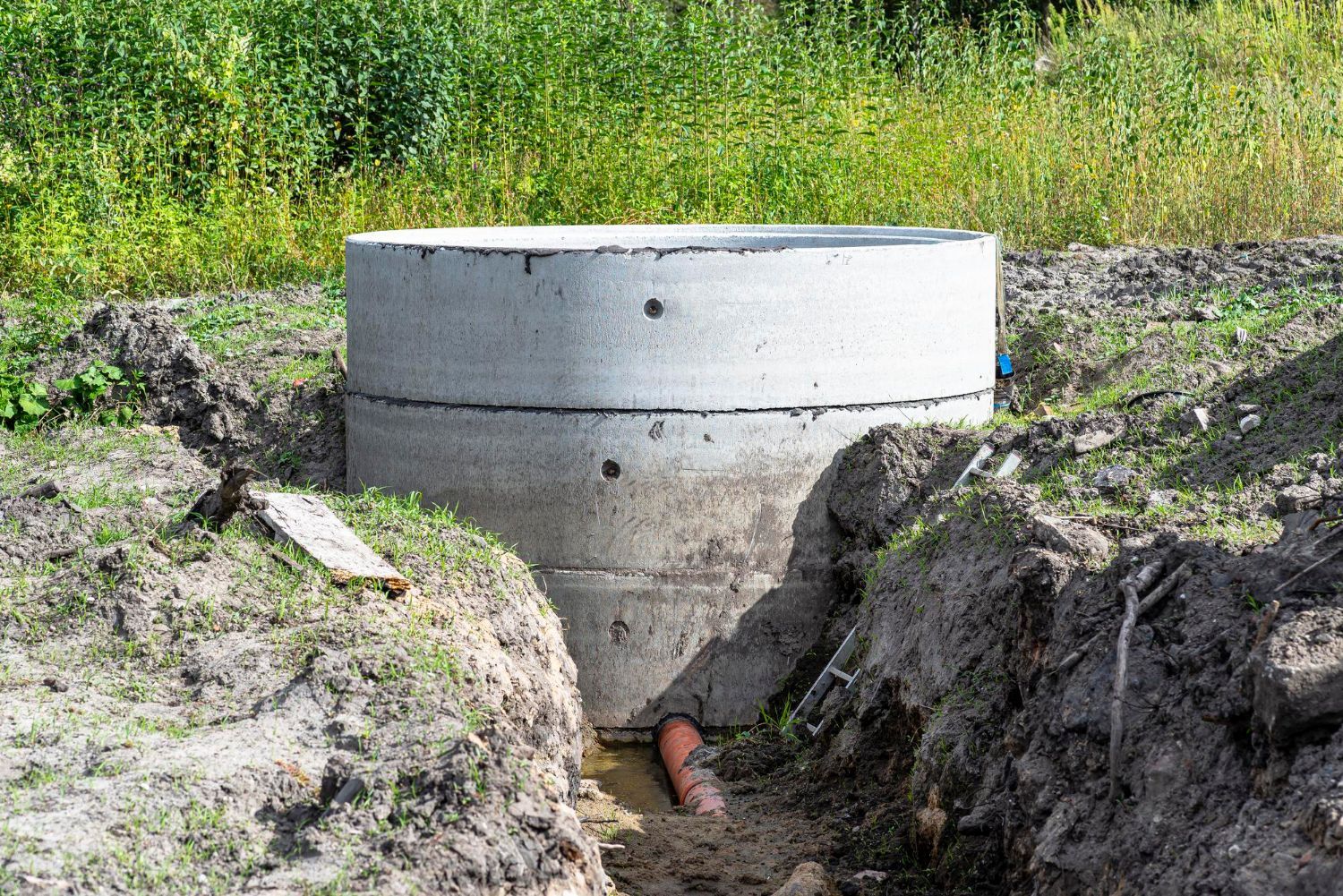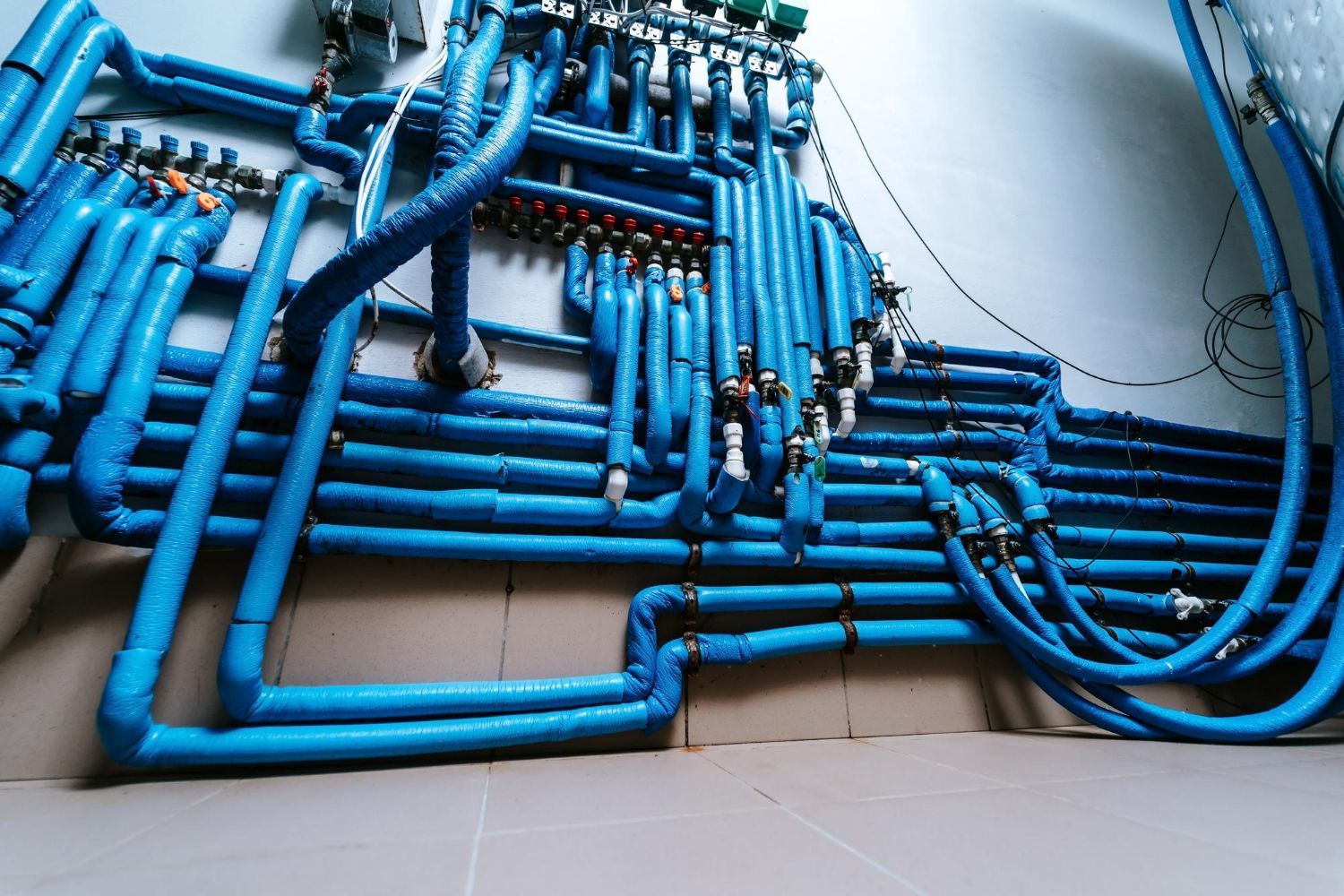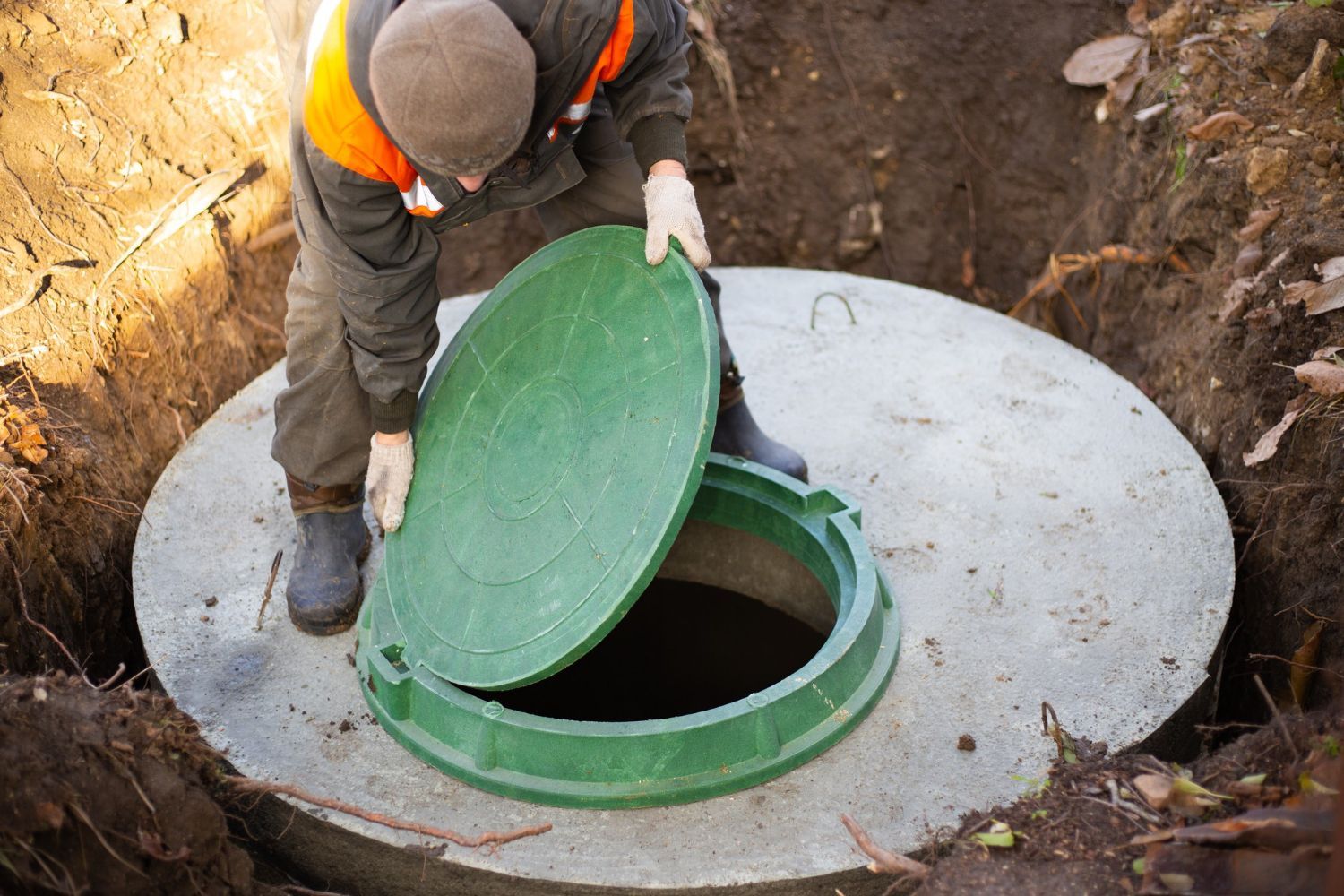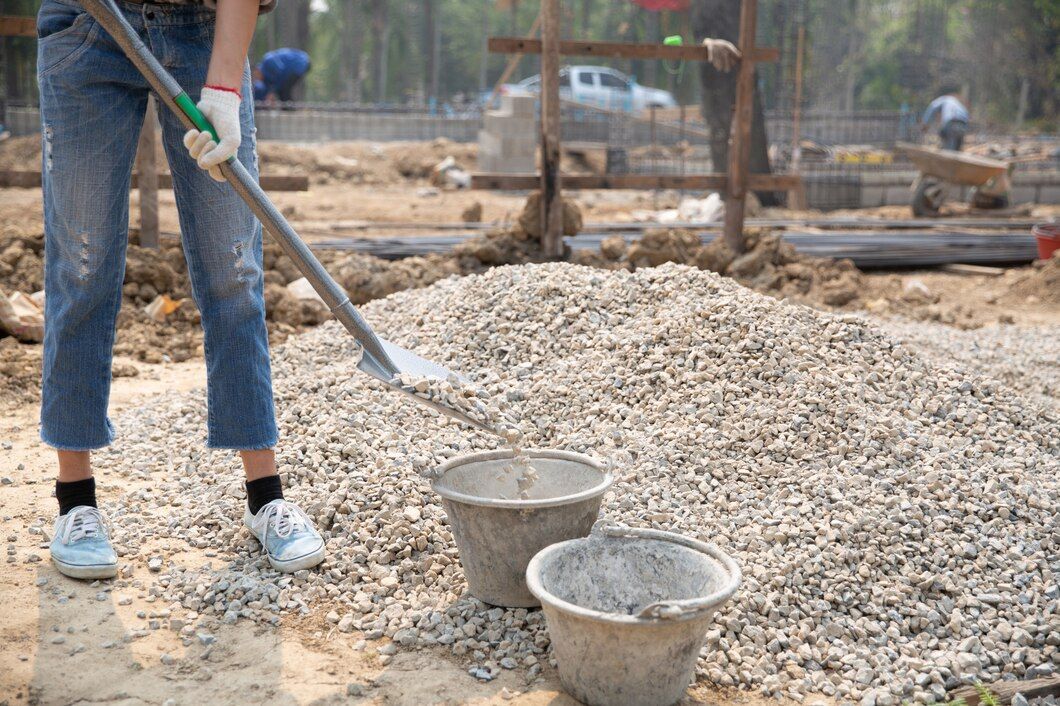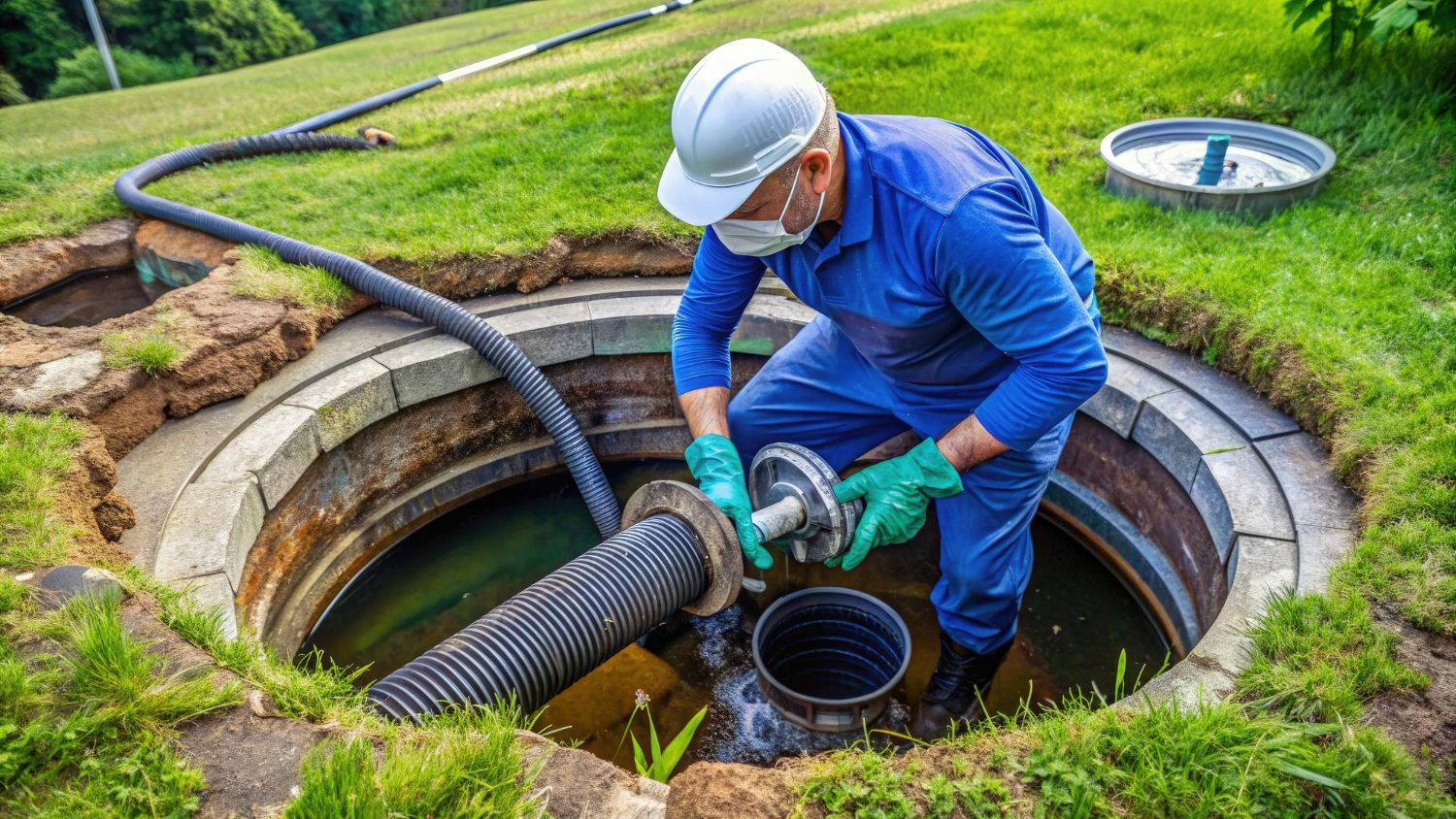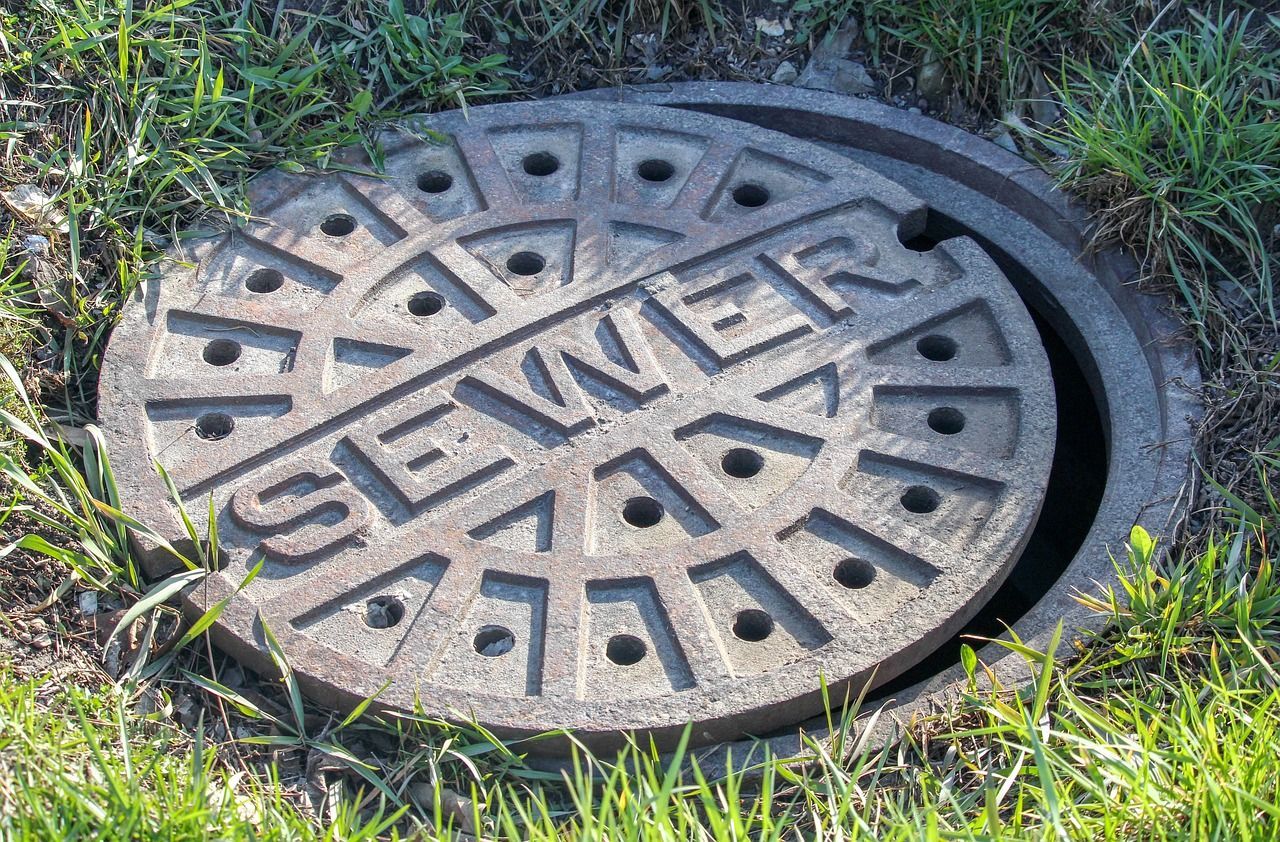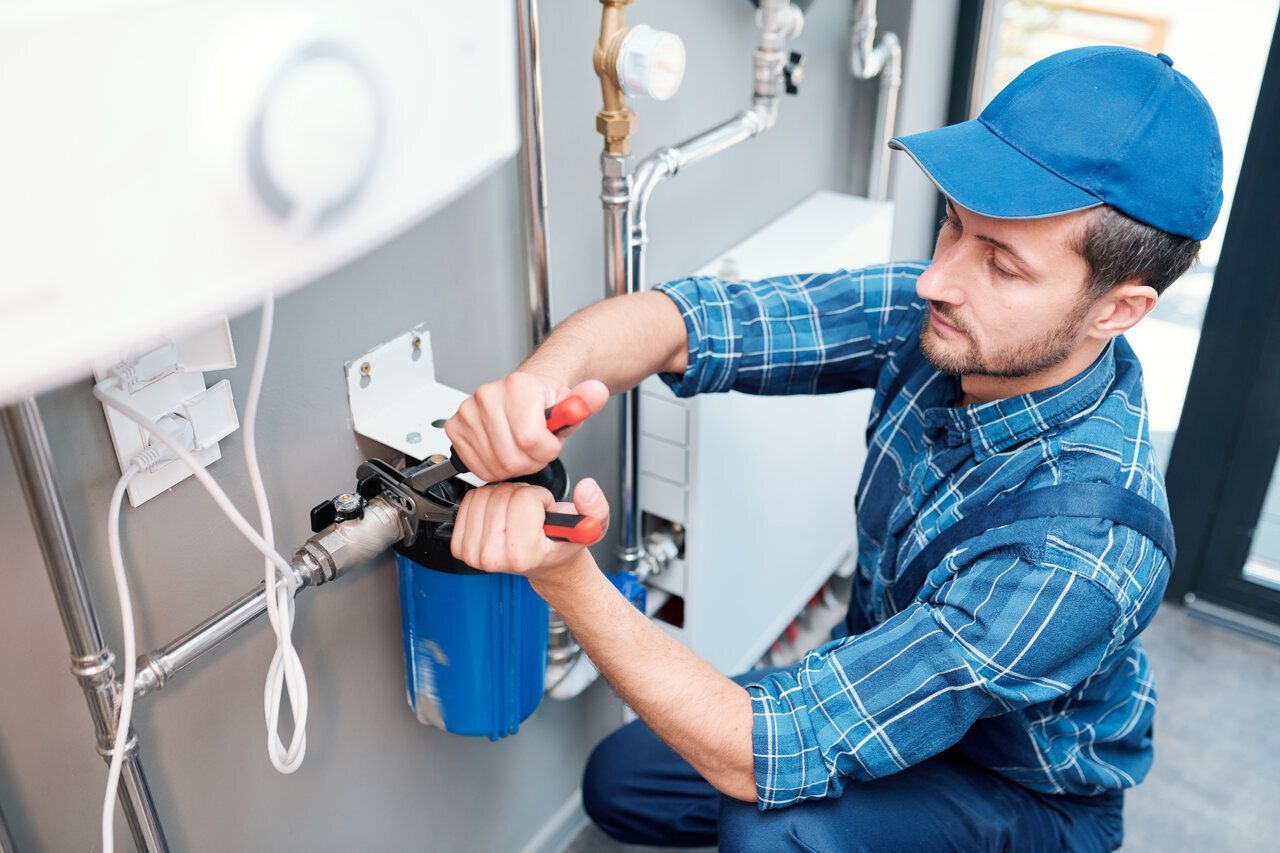When to Schedule a Sewer Inspection for Your Property
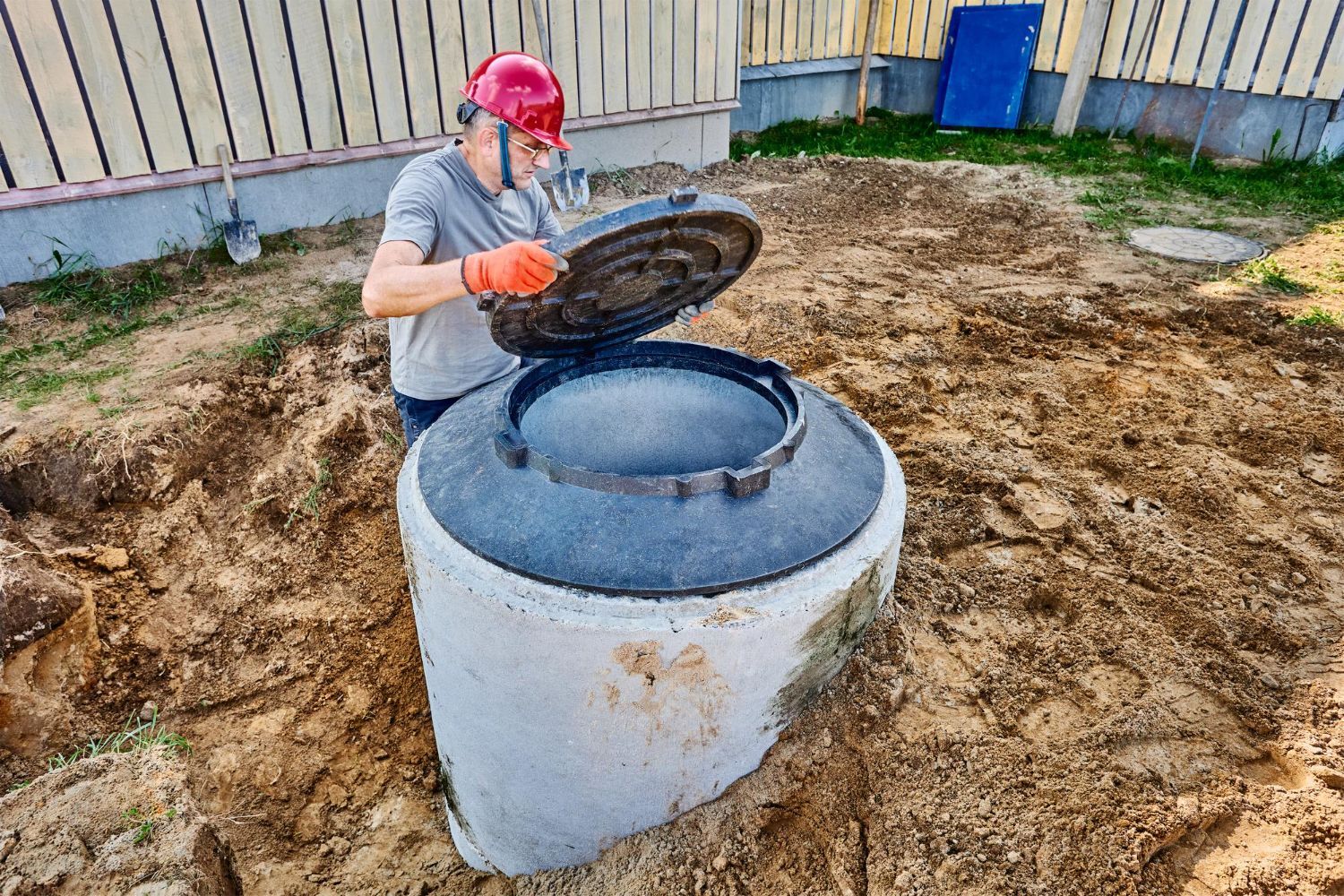
Knowing when to schedule a sewer inspection for your property is crucial for maintaining a healthy and functional plumbing system. Sewer lines, though often out of sight, play a vital role in managing wastewater. Over time, these lines can develop issues such as blockages, leaks, or even collapses, which can cause significant problems if not addressed promptly.
In this article, we'll explore the key indicators that signal the need for a sewer inspection, the benefits of regular inspections, how often you should schedule them, and what to expect during the inspection process. By understanding these factors, you can take proactive steps to maintain your property's plumbing system and ensure its longevity.
Signs You Need a Sewer Inspection
Various signs indicate it's time to schedule a sewer inspection for your property. One of the most noticeable signs is slow drainage. If sinks, bathtubs, or toilets drain slowly, it might suggest a blockage in the sewer line. Recurring clogs, even after using a plunger or drain cleaner, also point to more serious underlying issues.
Unpleasant odors emanating from drains are another indicator. When sewer gas starts to seep into your property, it means there's either a crack or a blockage in the sewer line. Foul smells should never be ignored, as they could signify a severe problem. Additionally, gurgling noises coming from your toilet or drain often indicate trapped air in the pipes due to a blockage.
Moreover, if you notice wet patches or lush, green spots in your yard, it could mean there’s a leak in the sewer line underground. This leakage can cause the grass to grow more vigorously than usual due to the extra nutrients in the wastewater. Any of these signs warrant a thorough sewer inspection to diagnose and fix the problem.
Benefits of Regular Sewer Inspections
Regular sewer inspections offer numerous benefits that help maintain the overall health of your property's plumbing system. One significant advantage is the early detection of problems. Identifying issues such as blockages, leaks, or tree root intrusion early on can prevent major damage and costly repairs in the future. Regular inspections can save you money by catching problems before they escalate.
Another benefit is maintaining proper sanitation. A functional sewer system is essential for removing waste from your property efficiently. Regular inspections ensure that the system operates smoothly, reducing the risk of backups or leaks that can lead to unhygienic conditions and health hazards.
Sewer inspections can also extend the lifespan of your plumbing system. By routinely checking and maintaining your sewer lines, you can address minor issues before they cause significant wear and tear. This proactive approach helps avoid unexpected disruptions and ensures that your property’s plumbing system remains in good working condition for years to come.
How Often Should You Schedule a Sewer Inspection?
The frequency of sewer inspections largely depends on the age and condition of your property’s sewer system. For newer homes, a sewer inspection every 3 to 5 years may be sufficient to catch potential issues before they become problematic. However, older homes or properties with a history of plumbing problems might benefit from more frequent inspections, such as every one to two years.
If your property has large trees nearby, roots can infiltrate and damage sewer lines, making frequent inspections necessary. Additionally, commercial properties with high water usage should consider annual inspections to ensure the system can handle the demand and is free from blockages or leaks. Regular inspections help maintain efficiency and reduce the risk of unexpected plumbing emergencies.
Lastly, always schedule a sewer inspection if you plan to buy a new property. This pre-purchase inspection will inform you of any potential issues that could be costly to repair and allow you to make an informed decision. Regular inspections are an essential part of property maintenance, helping to ensure the long-term health of your sewer system.
What to Expect During a Sewer Inspection
Understanding what happens during a sewer inspection can help you prepare for the process. Typically, a licensed plumber or technician will use a special camera to inspect the interior of your sewer lines. The camera is attached to a flexible rod that can navigate the twists and turns of the pipes, providing a clear view of their condition.
During the inspection, the technician looks for common issues such as blockages, cracks, leaks, and root intrusion. They may also check for signs of corrosion or deterioration in older pipes. The camera's footage allows for a thorough examination without the need for extensive digging or disruption to your property.
After the inspection, the technician will provide a detailed report of their findings. This report typically includes a video recording of the inspection and recommendations for any necessary repairs or maintenance. Understanding the results of your sewer inspection helps you take appropriate action and keeps your plumbing system in optimal condition.
Conclusion
Scheduling a sewer inspection is an essential step in maintaining the health and functionality of your property's plumbing system. By being attentive to the signs that indicate a need for inspection, you can address potential issues before they become major problems. Regular inspections provide numerous benefits, including early detection of problems, maintaining sanitation, and extending the lifespan of your sewer system.
Knowing how often to schedule these inspections ensures you stay proactive about your property's plumbing needs. Additionally, understanding what to expect during an inspection can help you prepare and make the process smoother. By taking these steps, you can avoid unexpected disruptions and ensure your sewer system operates efficiently.
For reliable
sewer inspections and comprehensive plumbing services, contact Apollo Sewer & Plumbing. Our experienced team is ready to help you maintain a healthy and efficient sewer system. Call Apollo Sewer & Plumbing today to schedule your inspection and protect your property from potential plumbing issues.
BROWSE OUR WEBSITE
Apollo Sewer & Plumbing, Inc.is a full-service plumbing company serving residential and commercial customers throughout the greater Keyport, NJ area.
CONTACT INFORMATION
Contact Number:
732-264-3666
Location:
110 West Front
Street Keyport, NJ 07735
Email address:

